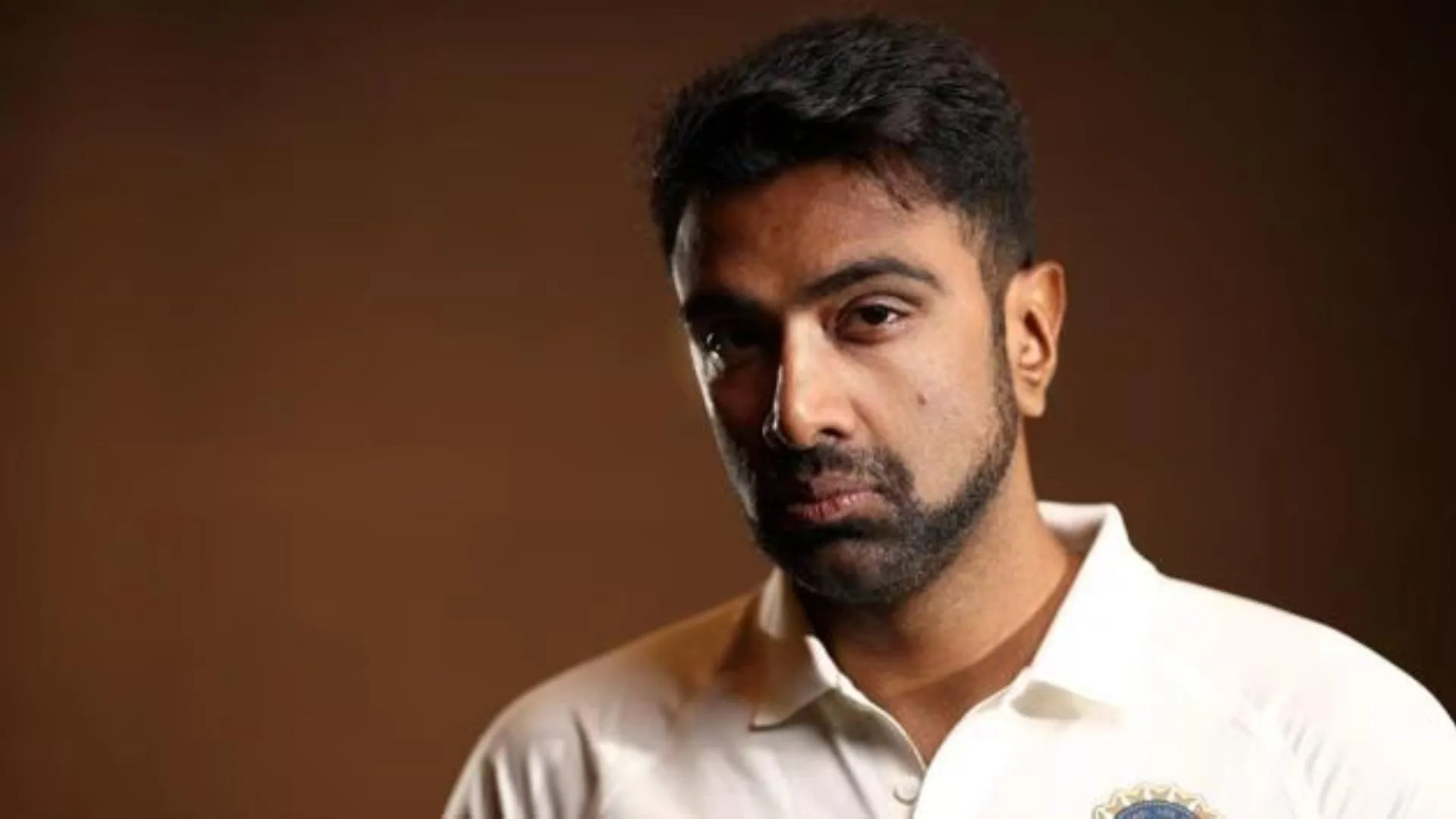Dr. B.R. Ambedkar, the chief architect of the Indian Constitution, strongly advocated for the Uniform Civil Code (UCC) during the debates in the Constituent Assembly. His support for UCC stemmed from his commitment to gender equality, social justice, and the creation of a progressive legal framework for India.
Here’s an exploration of why Ambedkar believed in the necessity of a UCC and its implications for modern India:
Promoting Gender Equality
One of Ambedkar’s primary motivations for supporting the UCC was to address the gender inequities embedded in personal laws. He envisioned a comprehensive civil code that would guarantee equal rights for women in matters of marriage, divorce, and inheritance, irrespective of religious affiliations. Ambedkar viewed personal laws as a source of systemic discrimination against women and argued that a UCC would be a step towards eliminating such injustices.
Challenging Religious Personal Laws
Ambedkar openly criticized the rigidity of personal laws, particularly those rooted in religious traditions. He questioned the notion that certain personal laws, such as Muslim personal law, were immutable. As an example, he pointed out that regions like the North-West Frontier Province under British rule adhered to Hindu law for succession, demonstrating that personal laws were not universally applicable. Ambedkar’s critique highlighted the need for a uniform framework that transcended religious boundaries.
Role Of The State In Reform
Ambedkar firmly believed that religion should not dictate personal laws and that the State had the authority to legislate and reform such laws. He argued that the Indian State must take proactive steps to address the inequities and discriminatory practices perpetuated by personal laws. According to him, reforming personal laws through a UCC was essential for achieving a socially just and equitable society.
Constitutional Provisions And Assurances
Article 35, later renumbered as Article 44, was introduced in the Constitution as a Directive Principle of State Policy, advocating for a UCC. Ambedkar assured the members of the Constituent Assembly, particularly those from minority communities, that the article only proposed an eventual endeavor to secure a UCC and did not mandate its immediate enforcement. He suggested that the implementation of the UCC could begin on a voluntary basis, allowing individuals to choose its applicability. This approach was aimed at easing apprehensions among minority groups while setting the foundation for future reforms.
Existing Legal Uniformity
In his defense of the UCC, Ambedkar emphasized that India already had several uniform laws governing various aspects of human relationships, such as the Indian Penal Code, Criminal Procedure Code, and the Transfer of Property Act. The only domains left untouched were marriage and succession. Ambedkar argued that extending uniformity to these areas would not only simplify the legal system but also uphold the principles of equality and justice enshrined in the Constitution.
A Vision For Social Transformation
For Ambedkar, the UCC was not merely a legal reform but a tool for social transformation. He believed that a uniform set of civil laws would foster national integration, reduce communal divisions, and establish a common identity as citizens of a secular and democratic India.
By addressing gender discrimination and challenging the primacy of religious personal laws, Ambedkar’s vision for a UCC remains a cornerstone of debates on legal and social reform in India. While the UCC continues to be a contentious issue, Ambedkar’s arguments serve as a guiding light for those striving to balance tradition with the imperatives of modernity and equality.
ALSO READ: Uttarakhand’s Historic Step: CM Dhami Launches UCC Portal, What Is the Political Response to It?























